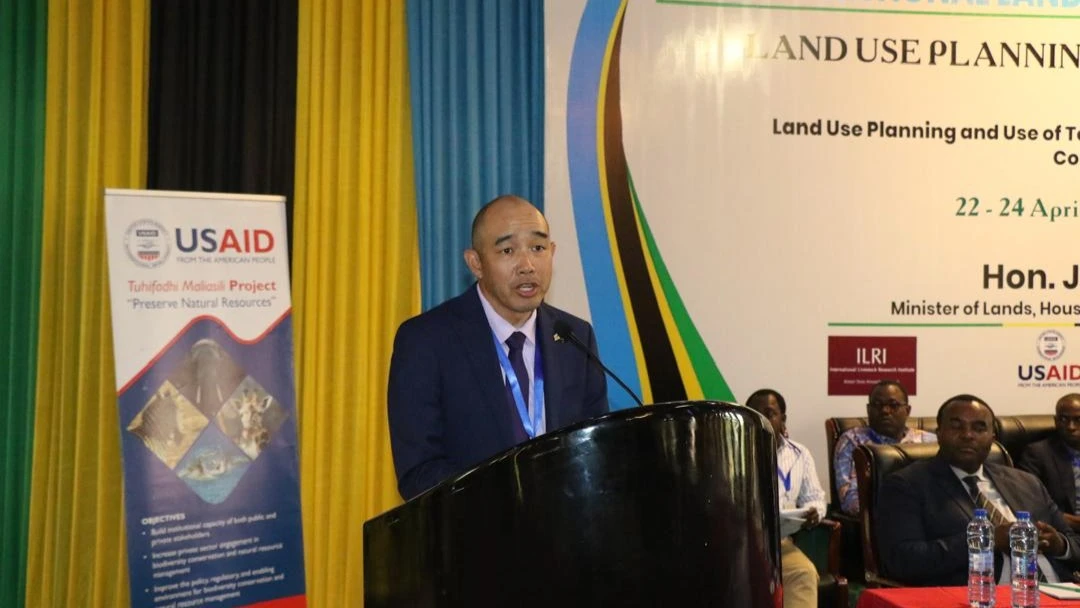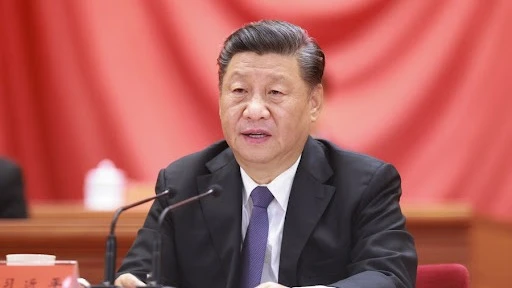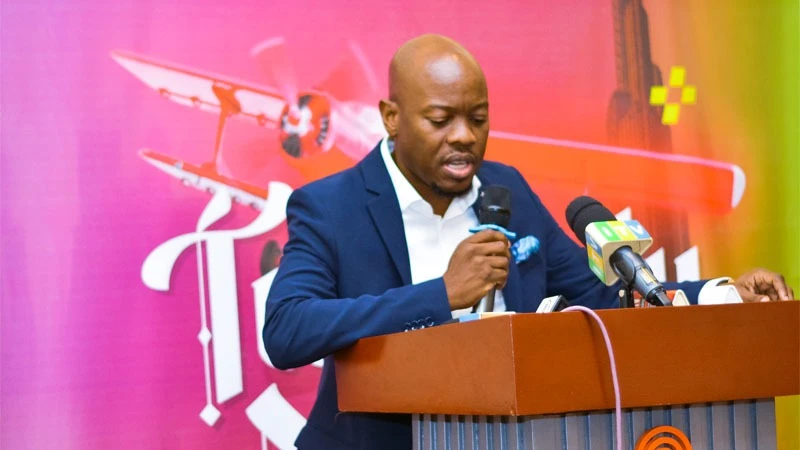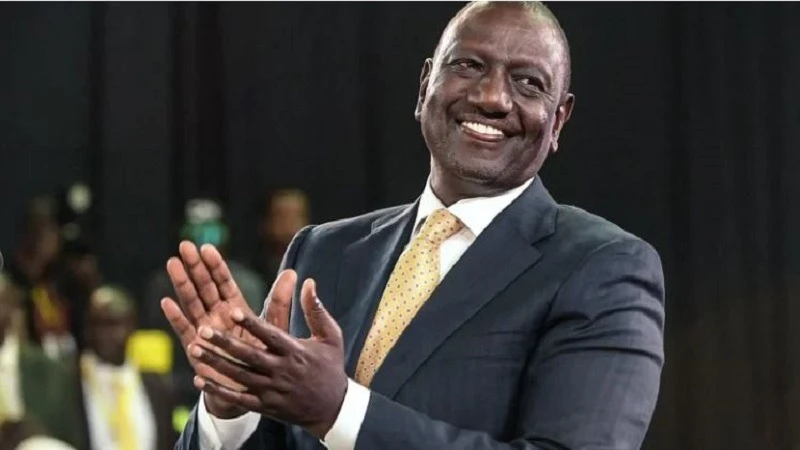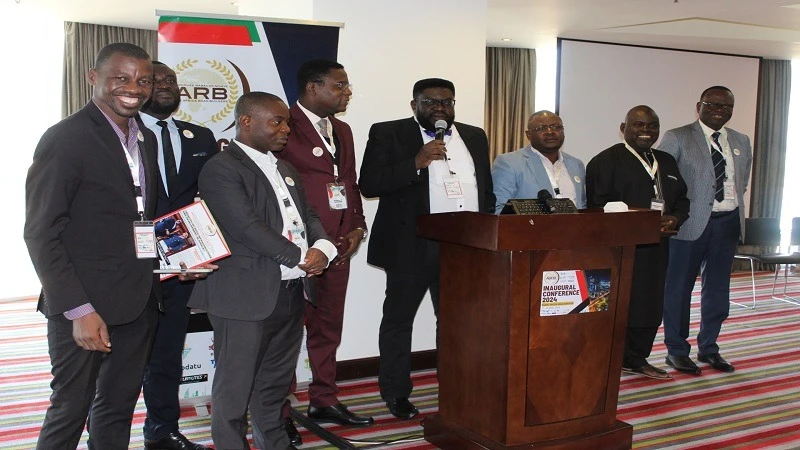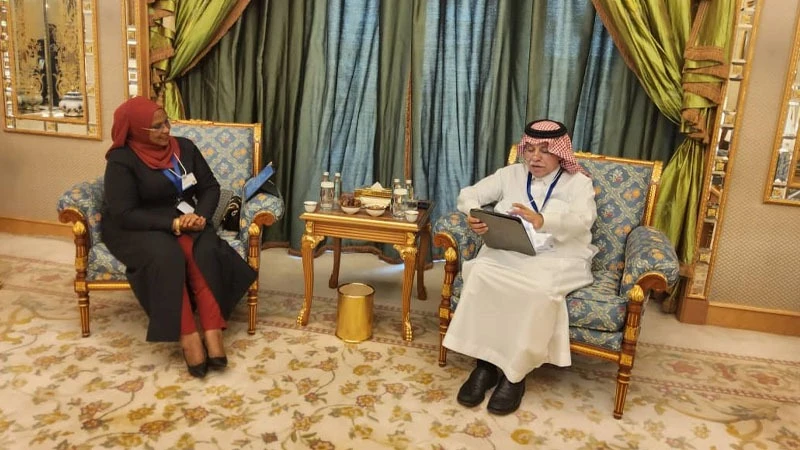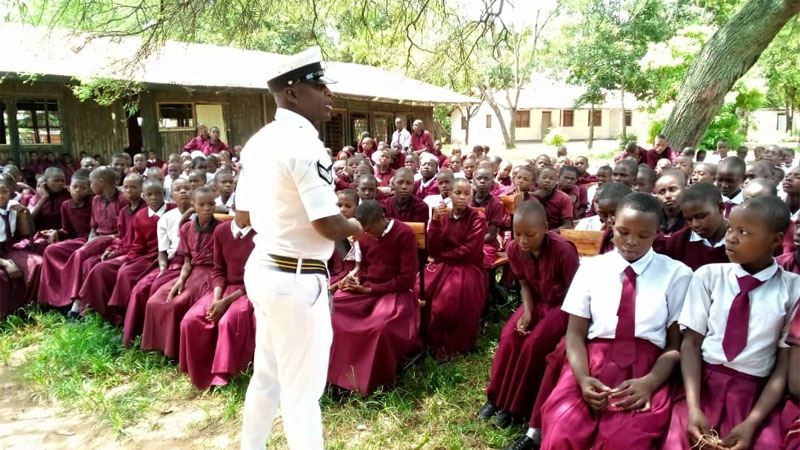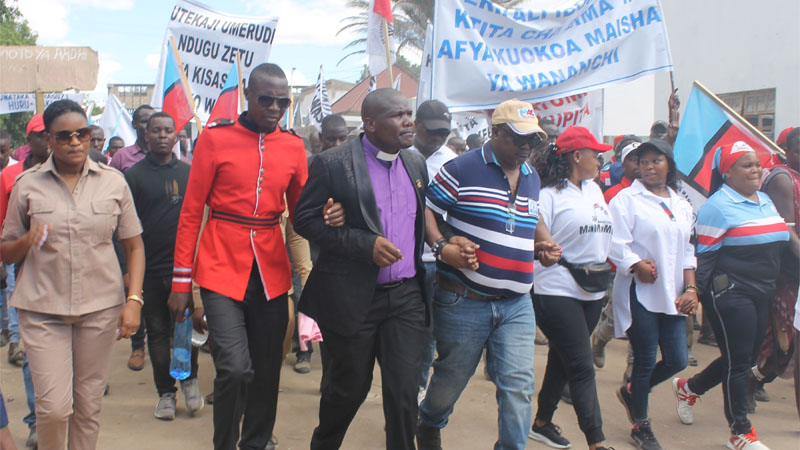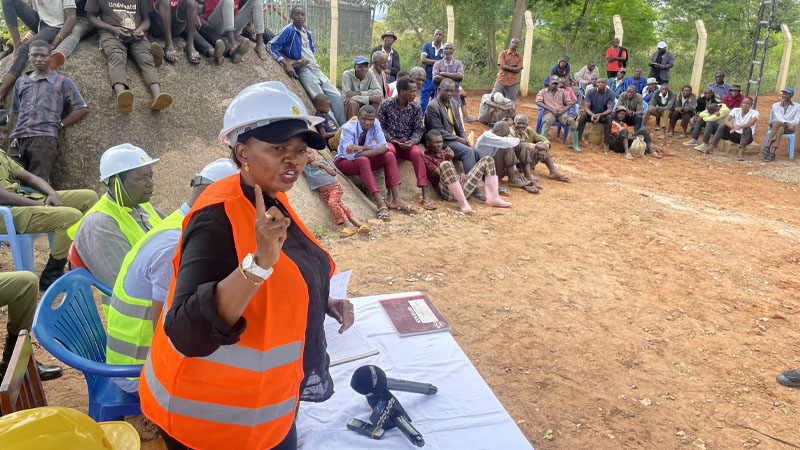VP appeals for internal auditors’ greater liberty
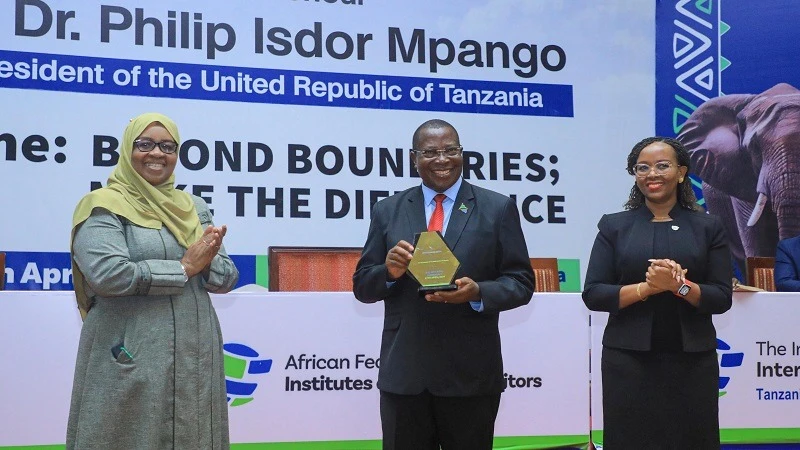
AFRICAN governments need to establish policies and laws that make internal auditors in public institutions freer, so that they can give true and realistic financial assessments of those institutions
Vice President Dr. Philip Mpango made this appeal yesterday when opening the 10th general meeting of the African Federation of Institutes of Internal Auditors (AFIIA) at the Arusha International Conference Centre (AICC).
He said African governments should have a clause in their respective Public Audit legislations to protect internal auditors from undue influence or interference in their duties.
The legal system could also establish the provision of operational and administrative information to internal auditors in line with international professional practices framework (IPPF) “as a possible solution to threats and obstacles from some CEOs in their institutions.”
Governments and heads of public and private organizations need to allocate proper training budgets for young internal audit professionals to build more capacity in their expertise to face challenges that arise in internal audit report them correctly, enabling authorities to find the right ways to solve them.
Due to the rapid development of technology, especially the use of artificial intelligence (AI), internal auditors need to acquire the most advanced technological skills to enable them to detect, check and control procedural handicaps that lead to violations, he said.
Internal auditors should keep pace with rapid technological developments, review information management systems, operational models and business strategies to deal with rising cyber insecurity, he stated.
Internal auditors need to see the responsibility of carrying out their duties using international principles and standards, in which case African governments and other stakeholders have to give impetus to approval of internal auditors as is the normal procedure in other disciplines, he further noted.
Meeting participants have to discuss challenges currently facing the auditing environment in the world, to help governments and organizations gain resilience and control environmental impacts that arise, he emphasized.
Dr. Saada Mkuya Salum, the Zanzibar Minister for Finance and Planning, said that the state of governance, control and auditing was globally improving.
The international leadership of internal auditors leads various institutions in updating internal audit requirements and protecting professionalism, she said.
In Tanzania the public sector, the Office of the Auditor General on both sides of the Union employ more than 1600 overseers charged with ensuring that internal “auditors follow the guidelines set so that the government can achieve its goals,” she added.
Top Headlines
© 2024 IPPMEDIA.COM. ALL RIGHTS RESERVED







